Tagged / Centre for Qualitative Research
Congratulations to Dr. Jane Fry & colleagues
Congratulations to Jane Fry, Janet Scammell and Sue Barker in the Faculty of Health & Social Science on the publication of their latest paper ‘ Drowning in Muddied Waters or Swimming Downstream?: A Critical Analysis of Literature Reviewing in a Phenomenological Study through an Exploration of the Lifeworld, Reflexivity and Role of the Researcher’.

This innivative paper proceeds from examining the debate regarding the question of whether a systematic literature review should be undertaken within a qualitative research study to focusing specifically on the role of a literature review in a phenomenological study. Along with pointing to the pertinence of orienting to, articulating and delineating the phenomenon within a review of the literature, the paper presents an appropriate approach for this purpose. How a review of the existing literature should locate the focal phenomenon within a given context is illustrated by excerpts from the literature review within a descriptive phenomenological study. This article was recently published in the Indo-Pacific Journal of Phenomenology. Click here for freely available copy online.
Prof. Edwin van Teijlingen
CMMPH
CQR announces its Lunchtime “In Conversation” Seminars

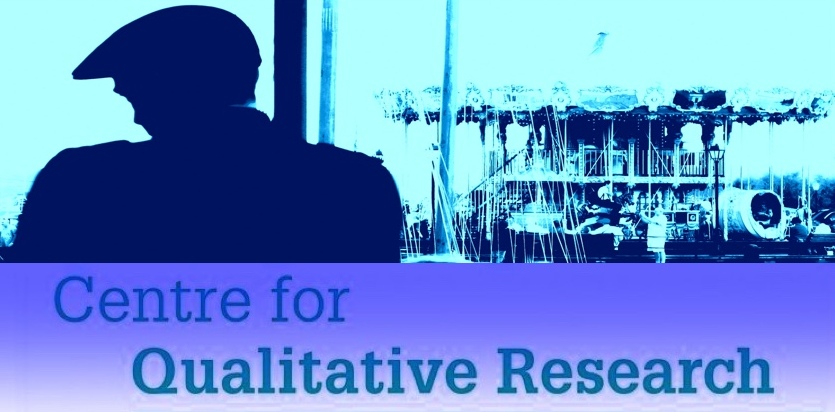
The Centre for Qualitative Research presents its annual Lunchtime “In Conversation” Seminars on the first Wednesday of each month at 1p.m. in Royal London House.
This year’s theme is “LISTEN MAKE SHARE”. Each month two CQR members will present their experiences to the audience ‘in conversation’ with either Narrative Methods (listening to stories), Arts-based Research methods (making stories), or Dissemination methods (sharing stories).
Most seminars will involve two conversants and plenty of opportunity for audience participation in listening, making, and sharing. Not lectures, they are two presenters ‘In Conversation” about a topic or method. No PPT and plenty of time for audience interaction and feedback!
The first lunchtime seminar, however, will take place on the second Wednesday, 13 September.
CQR Seminars for the Coming Year


Innovative narrative concept now available across several platforms

FHSS’ Prof Lee-Ann Fenge & Dr. Kip Jones
FHSS’ Kip Jones and Lee-Ann Fenge are pleased to announce that their article , “Gift Stories How Do We Retell the Stories that Research Participants Give Us?” is now available across several platforms. Along with the open-access version from Creative Approaches to Research now being available, it can be downloaded on Academia.edu and BRIAN.
Jones and Fenge comment: “We can no longer afford to ignore the great advances made in representation of qualitative data. These have been overwhelmingly demonstrated by the successes achieved in auto-ethnography, poetic enquiry, ethno-drama, film, Performative Social Science and/or other arts-based efforts in research and dissemination”.
Narrative methods contribute greatly to the advances made in qualitative research. A narrative style should also be promoted in publications and presentations. This study on older LGBT citizens in rural Britain highlights this by means of a report on one part of that study—a Focus Group.
Narrative researchers are natural storytellers and need to foreground this when reporting studies for publication. Qualitative research is always about story reporting and story making, and narrative research (listening to and retelling stories) is a key democratising factor in qualitative social science research.
CQR Summer Surgery Sessions about to begin again!


Last Summer the Centre for Qualitative Research organised a series of short (half hour) surgery sessions where participants could ask us any questions that they might have about qualitative methods and their research. If we didn’t have the answer, we have a list of CQR Members who often do!
Dr Kip Jones, Centre Director and Deputy Director, Caroline Ellis-Hill will offer sessions this Summer!
To book a half hour (in person) with Kip at Royal London House on a Tuesday morning or Thursday afternoon, just email kipworld@gmail.com with your possible date. Kip will get back to you with a time.
To book a a half hour (via Skype only) with Caroline on a Wednesday morning, email cehill@bournemouth.ac.uk with our possible date. Caroline will get back to you with a time and Skype arrangements. (We particularly hope that colleagues and students at Yeovil and Portsmouth will take advantage of this particular distance resource.)
CQR members have expertise in a wide range of methods. If necessary, through the surgery process we can connect you up with a particular resourceful person.
- Research as Film/Film as Research
- Photo-elicitation
- Grounded Theory
- Performance Poetry
- Ethics
- Interviewing
- Focus Groups
- Ethnography
- Participatory Action Research
- Autobiography
- Auto-ethnography
- Biographic Narrative Interpretive Method
- Appreciative Inquiry
- Arts-based methods
- Telephone interviews
- Questionnaire design
- NVIVO
- Performance Poetry
- Reflexivity
- Performative Social Science
Sessions will generally run through July and the first half of August.
These sessions seemed to work quite well last Summer. We hope that you will find them a valuable assistance. No need to be a CQR member (but you may want to become one!)
Kip and Caroline
CQR’s Last Seminar for the Year Wed 1pm RLH 201
The Centre for Qualitative Research will end the academic year with a final “In Conversation” Seminar this Wednesday at 1 pm in RLH 201. All are most welcome!
The presenters originally set for this date had to postpone until next year due to ill health. We decided to go ahead with the seminar anyway. It will provide us with a time in which to converse about the year’s seminars, what was helpful, and what people would like to have as topics next year. We also will be discussing the potential of short hands-on taster sessions with arts-based research methods for next year. Perhaps you have a idea for an ‘In Conversation” seminar that you would like to contribute?
Do come along and join in the conversation! We look forward to spending this time together. CQR Members and non-members equally welcome!
Ground-breaking article by Jones and Fenge
 Kip Jones and Lee-Ann Fenge are pleased to announce that our article to appear shortly in Creative Approaches to Research, a peer-reviewed open-access journal, “Gift Stories How Do We Retell the Stories that Research Participants Give Us?” is now available on BRIAN.
Kip Jones and Lee-Ann Fenge are pleased to announce that our article to appear shortly in Creative Approaches to Research, a peer-reviewed open-access journal, “Gift Stories How Do We Retell the Stories that Research Participants Give Us?” is now available on BRIAN.
We passionately believe that as narrative researchers and storytellers we must promote narrative in the content and styles of our publications. To revert to a style of publication or presentation that is counter to this does a disservice to our commitments as narrativists.
We can no longer afford to ignore the great advances made in representation of qualitative data. These have been overwhelmingly demonstrated by the successes achieved in auto-ethnography, poetic enquiry, ethno-drama, film, Performative Social Science and/or other arts-based efforts in research and dissemination.
Recent Writing from Kip Jones Available on the Internet

“Kyle’s photo-montage of black and white clippings, mostly from fashion magazines, Bailey and Avedon, etc., glued to the walls surrounding his bed”.
Kip Jones is pleased to announce that the tripartite story, “True confessions: why I left a traditional liberal arts college for the sins of the big city”, first published in Qualitative Research Journal, is available on Academia.edu. Jones is particularly pleased that what is now called ‘auto-fiction’ has been accepted for publication by such a major qualitative journal. The three stories in the article conclude with a scene from Jones’ ongoing development of the feature film script for “Copacetica”. All three stories portray aspects of the sexual fumbling and romantic insecurities typical in youth.

“Dirty Frank’s” bar, Philadelphia, where the main characters of “Copacetica” frequently meet.
The second piece of writing consists of the bar scene from “Copacetica”. This is the scene in which all the major characters are introduced and the story sets up the conundrum that the main character will face in the film.
“Copacetica” tells the tale of a gullible youth on a roller coaster ride of loss of innocence and coming out in the flux and instability of 1960s hippy America. Often seen as a period of revolution in social norms, Copacetica’s themes include being different, the celebration of being an outsider, seeing oneself from outside of the “norm”, and the interior conflicts of “coming out” within a continuum as a (gay) male in a straight world. These observations are set within the flux and instability of a period of great social change, but which are often viewed in retrospect as consistent and definable. Being straight or being gay can also be viewed in a similar way within the wider culture’s need to set up a sexual binary and force sexual “choice” decision-making for the benefit of the majority culture, or ‘heteronormativity’. Through the device of the fleeting moment, the story interrogates the certainties and uncertainties of the “norms” of modernity.
In the later gallery scene (not yet published), a minor character explains the meaning of the word, “copacetic”:
VISITOR TWO What d’he say? VISTOR ONE “Everything’s copacetic”! (Beat) What does that mean, anyway? VISITOR THREE Everything’s cool. Everything’s okay. Or “Groovy” as they like to say.
Asked what he enjoyed about writing the script for this film, Jones said, “Definitely revisiting the slang used by youth of the 1960s! It’s virtually its own language. And writing the sex scenes. Exciting and very tiring. Almost like the real thing”.
You can read the opening scene planned for the film on KIPWORLD: “Copacetica” Scene 1. EXT SUBURBAN HOUSE POOL NIGHT
Free Workshop: Sexuality & Gender in the 21st Century


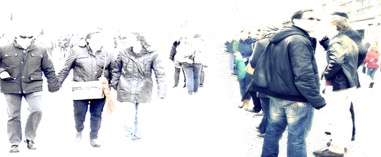
FREE Workshop:
Gender & Sexuality in the 21st Century
Bournemouth University
31 May 2017, 10:00 – 15:00
‘Unimaginable a decade ago, the intensely personal subject of gender identity has entered the public square.’—National Geographic (Jan 2017)
This openness to discussion of sexuality, gender, and emotion begins to expose this latest generation’s ambivalence, even dissonance regarding these terms. The workshop will explore this, both historically and within the contemporary culture of the 21st Century.
The workshop will gather academics and community representatives from within BU and beyond, whose work may help us to understand more fully contemporary takes on sexuality, gender, and emotion. These may include:
- Youth and Sexuality
- Sex Tourism
- Sex Trafficking
- Disability and Sexual Well-being
- Sexuality and Ageing
- Gender and Sexuality in the Workplace
- LGBTQ+ concepts of gender and sexuality
- Other issues we haven’t even considered yet?
We will spend the day learning informally about each other’s interests and previous work around sexuality, gender, and emotion, thus creating the beginnings of new partnerships for further exploration, discovery, research, dissemination, and community action. NO lectures!
Workshop organised by Dr Kip Jones, Director, Centre for Qualitative Research, BU and Dr Lee-Ann Fenge, Deputy Director, National Centre for Post-Qualifying Social Work, BU.
Free lunch provided, places are limited.
Register here: https://gender-sexuality.eventbrite.co.uk
CQR Seminar: Trevor Hearing & Kip Jones “In Conversation”
Next Wednesday, 1 pm Royal London House 303
‘In Conversation” Trevor Hearing (Media) and Kip Jones (HSS)
“Research as Film/Film as Research”
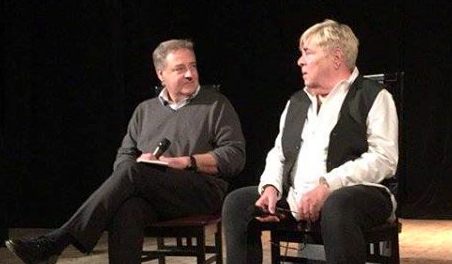
The two will present the research method as a CONVERSATION…first, between each other, and then with the audience. We are also asking that no PowerPoint be used in order that it is truly a conversation and NOT a lecture. All are welcome!
The series has been very popular so far, playing to a jam packed room. Come and join in the conversation.
Please note that there is a change of room from the regular location. The seminar will take place in RLH 303!
Many of us go to Naked next door for coffee following to continue the conversations and networking.
Come along and join in the conversation!
CQR Narrative Group Welcomes a Student Research Assistant
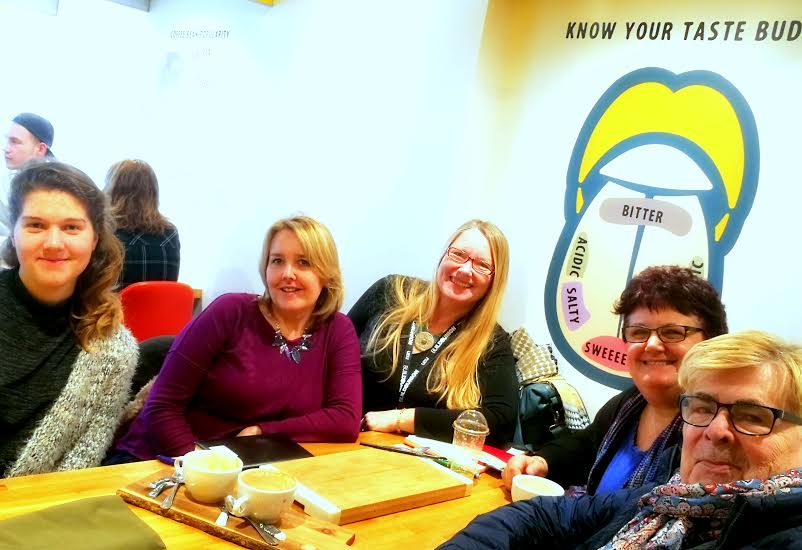
Figure 1 Guste Kalanaviciute, Lee-Ann Fenge, Anne Quinney, Jen Leamon & Kip Jones
The Centre for Qualitative Research (CQR) Narrative group, a centre of the Faculty of Health & Social Sciences (FHSS) is an interprofessional group, with representation from across social work, nursing, midwifery, physiotherapy, education practice and media production. We have an interest in how stories and dialogue can be used to create meaning and understanding, and in particular how novel and creative methods can be used to support both the collection of data and the dissemination of findings. This includes the use of film as a method of sharing findings as well as public engagement
Over the last few years we have run numerous seminars, and public engagement events (as part of the HEA workshop series, Festival of Social Science and BU’s own Festival of Learning https://vimeo.com/174549052).
We are delighted to have a student research assistant, Guste, join us to help explore the mountains of narrative data we have accumulated over several years of community activities. As part of her work with us, we hope to develop a digital story around the meanings attached to health and well-being as well exploring opportunities for a publication.
Guste reports:
I am very grateful for this amazing opportunity to join such a friendly group of people and gain invaluable experience for my future career. At first I felt a bit overwhelmed with all the new information as I am only a first year Psychology student and do not yet have experience with qualitative data. However, Lee-Ann was very supportive, assured me that with time the skills will come and set me off to start my journey by reading around qualitative data and themes of health and well-being. So far I have read some papers around these topics, a few of Lee-Ann’s and Kip’s publications, watched clips of their past projects (Seen but Seldom Heard; Rufus Stone) and met the team in person to discuss our next steps. Everything is going well now, will start looking into some of the data they have collected, try to find emerging themes and report it for the feedback.
CQR Photo-elicitation “In Conversation” Seminar Wed 1pm

The Centre for Qualitative Research presents its First Wednesday Seminar,
Photo-elicitation, “In Conversation” with Michele Board and Jenny Hall.
This Wednesday, 1 March at 1 pm Royal London House 201
The two will present the research method as a CONVERSATION…first, between each other, and then with the audience. We are also asking that no PowerPoint be used in order that it is truly a conversation and NOT a lecture. All are welcome!
The series has been very popular so far, playing to a jam packed room. Come and join in the conversation. Many of us go to Naked next door for coffee following to continue the conversations and networking.
Come along and join in the conversation!
Three tales of sexual intrigue from Kip Jones
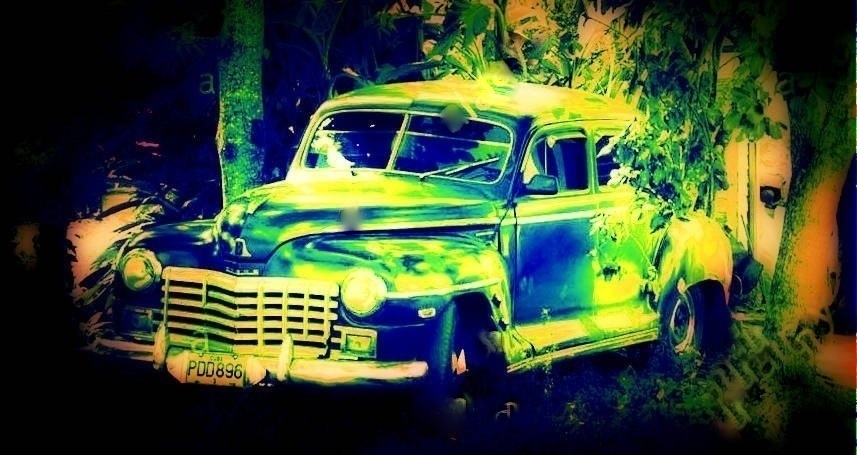 ‘True confessions: Why I left a traditional liberal arts college for the sins of the Big City’ by Kip Jones has been published today in Qualitative Research Journal (QRJ)
‘True confessions: Why I left a traditional liberal arts college for the sins of the Big City’ by Kip Jones has been published today in Qualitative Research Journal (QRJ)
Three tales of sexual intrigue from Kip Jones. A story, a reminiscence, and a scene from a film.
By means of several auto-ethnographic stories (including a scene from a working script for a proposed film), the author interrogates numerous ideas and misconceptions about gay youth, both past and present.
Being straight or being gay can be viewed within the wider culture’s need to set up a sexual binary and force sexual “choice” decision-making for the benefit of the majority culture. Through the device of the fleeting moment, this essay hopes to interrogate the certainties and uncertainties of the “norms” of modernity by portraying sexuality in youth.
Also available as a draft on Academia.edu
Centre for Qualitative Research presents “Appreciative Inquiry” … in Conversation!
 The Centre for Qualitative Research presents Clare Gordon and Caroline Ellis-Hill
The Centre for Qualitative Research presents Clare Gordon and Caroline Ellis-Hill
“In Conversation…” about “Appreciative Inquiry” next Wednesday at 1 pm in RLH 201.
The two will present the research method as a CONVERSATION…first, between each other, and then with the audience. We are also asking that no PowerPoint be used in order that it is truly a conversation and NOT a lecture. All are welcome!
The series has been very popular so far, playing to a jam packed room. Come and join in the conversation. Many of us go to Naked next door for coffee following to continue the conversations and network.
Come along and join in the conversation!
Reporting back from the BSA Auto/Biography Christmas Conference!
“I say tomato, You say tomato”. Is Autoethnography Auto/Biography by any other name?
Prior to our holiday break, Dr Judith Chapman and Dr Sarah Collard presented their research at the recent British Sociological Association (BSA) Auto/Biography Conference in London. This was a novel presentation, not limited to following a power point, but involving discussions with one other and the audience about the differences between the two research methods of autoethnography and auto/biography.
As they recently presented on this topic at the Centre for Qualitative Research lunchtime seminar, Judith and Sarah felt warmed up for the conversation and debates that occurred when presenting and discussing the topic in front of an audience of methodological experts within this area! After each shared their own experiences of conducting either authethnography or auto/biography, they opened it up to the audience to debate the merits of the two methods. An exciting and interesting dialogue with the audience ensued, with the ethical considerations of each method being fervently discussed, as well as the challenges of deciding what can be classified as autoethnography or auto/biography. There was no lull in the exchange of views and conference members applauded the informative and interactive element of our presentation.
After our presentation, we were able to forge links with others at the conference and were requested to share our work even more! It was very exciting to be so well received and have such a positive response to the presentation. However, there was no overall consensus and we agreed to differ on the syllabic emphasis of “tomato”!
CQR Seminar Wed 11 Jan at 1 p.m. “Participatory Action Research and Co-operative Inquiry”
 The Centre for Qualitative Research presents Lee-Ann Fenge and Carole Pound “In Conversation…” about Participatory Action Research and Co-operative Inquiry this Wednesday at 1 pm in RLH 201.
The Centre for Qualitative Research presents Lee-Ann Fenge and Carole Pound “In Conversation…” about Participatory Action Research and Co-operative Inquiry this Wednesday at 1 pm in RLH 201.
The two will present each research method as a CONVERSATION…first, between each other, and then with the audience. We are also asking that no PowerPoint be used in order that it is truly a conversation and NOT a lecture. All are welcome!
The series has been very popular so far, playing to a jam packed room. Come and join in the conversation. Many of us go to Naked next door for coffee following to continue the conversations and network.
Come along and join the action!
Ten Hyperlink Gifts I Love for You at Christmas from Kip Jones
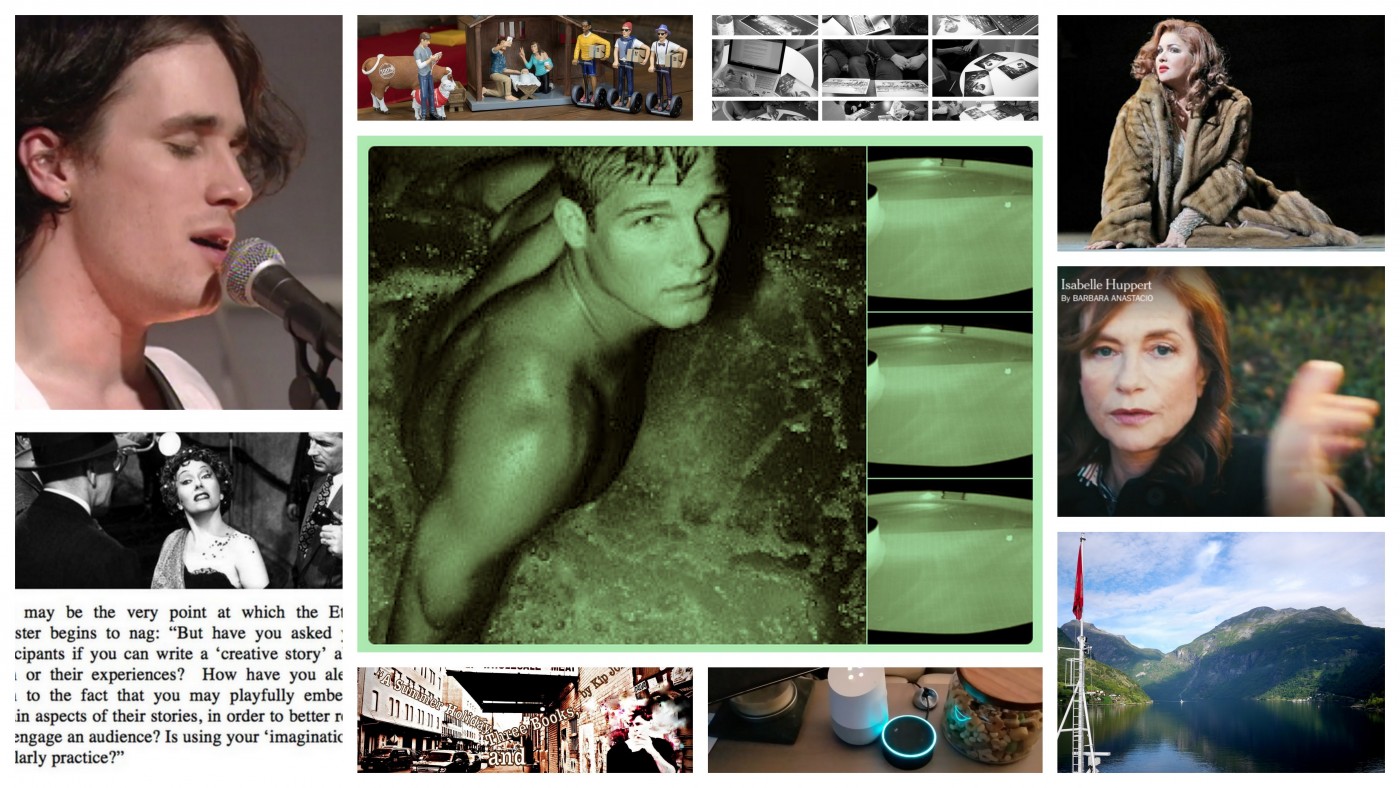 Links to ten things that I have loved over the past year, from KIPWORLD and from others.
Links to ten things that I have loved over the past year, from KIPWORLD and from others.
Inspiration for me, and hopefully for you.
Season’s best and Happy New Year,
Kip

Plenary Address at Tampere University, Finland
Kip Jones is pleased to announce the following event this Saturday:
-
Invited Lecture Plenary Address
-
Title “How to reach an audience with film …”
-
Place Tampere University , Finland
-
Date 26 Nov 2016
After a screening of the film, RUFUS STONE, Kip will take questions from the audience via Skype.
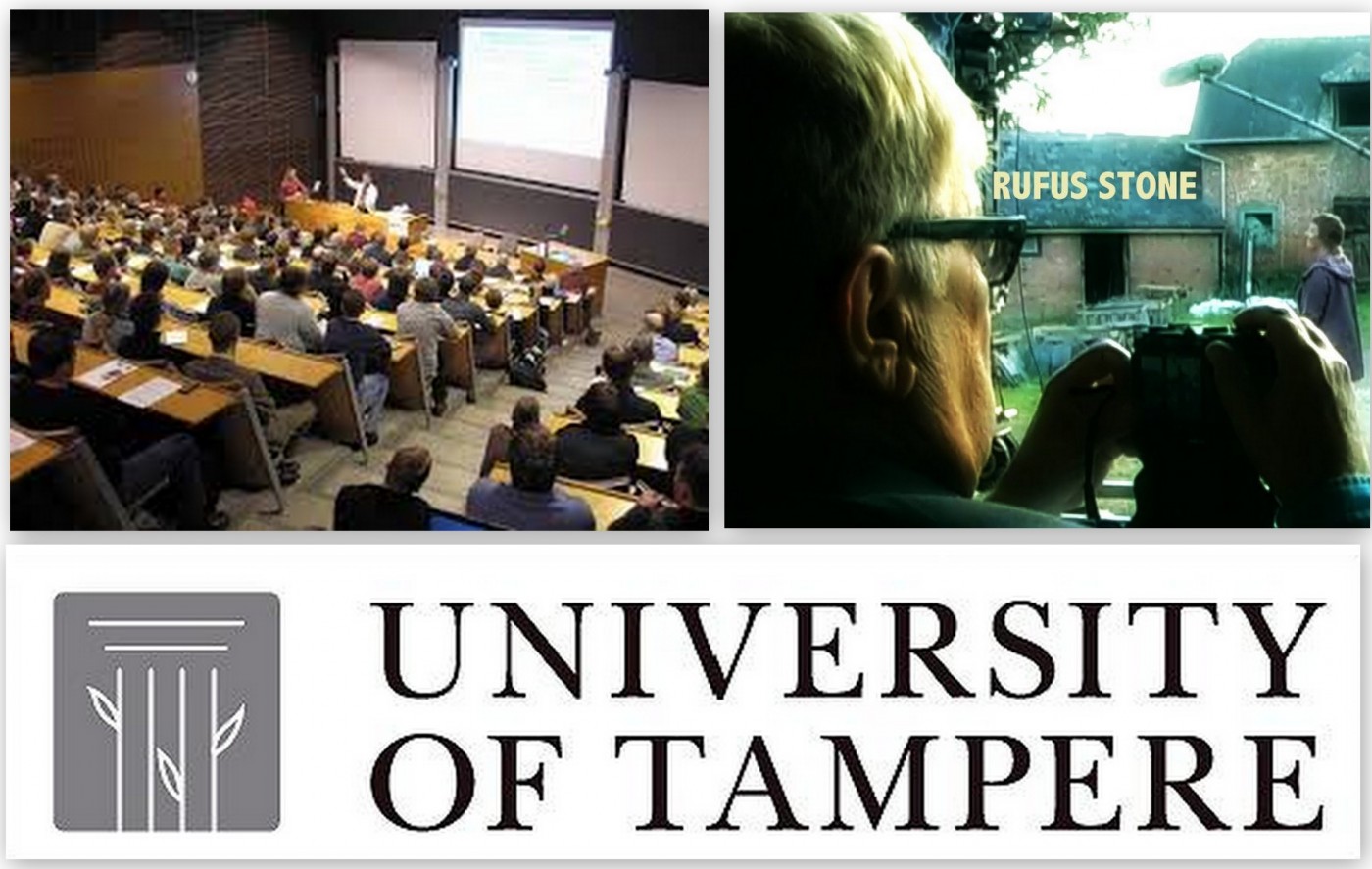
 Pleased to announce a ground-breaking Chapter on the use of film in research from FMC’s Trevor Hearing and FHSS’ Kip Jones in Guilford Publications’ Handbook of Arts-Based Research edited by Patricia Leavy.
Pleased to announce a ground-breaking Chapter on the use of film in research from FMC’s Trevor Hearing and FHSS’ Kip Jones in Guilford Publications’ Handbook of Arts-Based Research edited by Patricia Leavy.












 Dr. Ashraf cited on ‘Modest Fashion’ in The Guardian
Dr. Ashraf cited on ‘Modest Fashion’ in The Guardian NIHR-funded research launches website
NIHR-funded research launches website Academics write for newspaper in Nepal
Academics write for newspaper in Nepal New paper published on disability in women & girls
New paper published on disability in women & girls MSCA Postdoctoral Fellowships 2025 Call
MSCA Postdoctoral Fellowships 2025 Call ERC Advanced Grant 2025 Webinar
ERC Advanced Grant 2025 Webinar Horizon Europe Work Programme 2025 Published
Horizon Europe Work Programme 2025 Published Horizon Europe 2025 Work Programme pre-Published
Horizon Europe 2025 Work Programme pre-Published Update on UKRO services
Update on UKRO services European research project exploring use of ‘virtual twins’ to better manage metabolic associated fatty liver disease
European research project exploring use of ‘virtual twins’ to better manage metabolic associated fatty liver disease